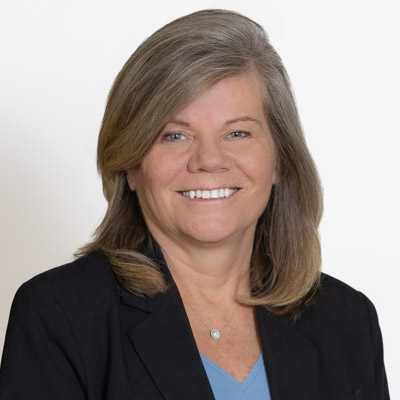Lending Solutions to Help Your Business Grow and Thrive
Cape Ann Savings Bank is proud to be a trusted lending partner to local businesses in and around the greater Cape Ann area. We understand that local businesses are the backbone of our communities, and we know that our role as a community bank and business loan provider is important to ensuring our local business communities stay strong. When you work with, you can trust that we will listen to you so we understand your unique borrowing needs and present you with options with competitive terms and rates that will put your business in a position to succeed. If you're ready to experience the benefits of working with our experienced business lending team, please contact one of our offices.
Contact Our Offices Meet Our Business Lenders

Our Business Loan Offerings at Cape Ann Savings Bank
| Type of Business Loan | What You Need to Know About This Loan |
|---|---|
| Term Loans | A term loan involves borrowing a fixed amount of money for a specific period. It is ideal for financing business acquisitions, purchasing inventory, financing equipment, or to provide working capital. |
| Lines of Credit | A line of credit offers a flexible borrowing option up to a predetermined limit. It is suitable for managing cash flow, purchasing inventory, or to provide seasonal working capital. |
| SBA 504 & 7(A) Loans | Cape Ann Savings Bank is an accredited Small Business Administration Lender (SBA 504 & 7(a)). Have a small business? Buying a new business? Starting a new business? Cape Ann Savings Bank makes loans to small businesses that are SBA-guaranteed, with a variety of SBA-structured loans available. Learn More |
Meet Our Business Lending Team
Michael J. Luster
EVP, Commercial Lending
Divisions: Commercial Lending, Executive Leadership
Location: Gloucester Main Office
Phone: (978) 282-5720
Andrew G. Marques
VP, Commercial Lending
Division: Commercial Lending
Location: Gloucester Main Office
Phone: (978) 282-5732
Sheryl Henderson
Commerical Lending Officer
Division: Commercial Lending
Location: Gloucester Main Office
Phone: (978) 282-5711


